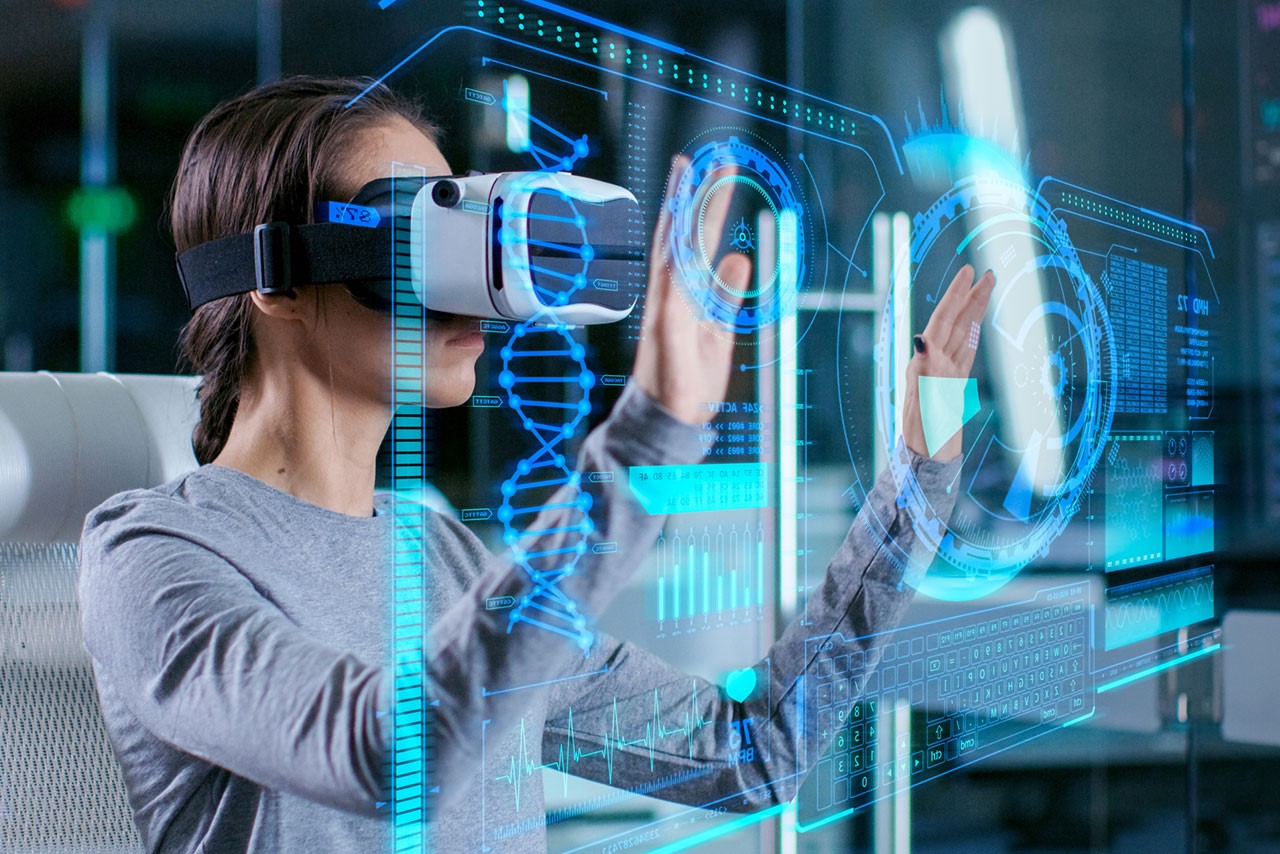The Role of AI in Predicting Health Outcomes
Artificial Intelligence (AI) has permeated numerous sectors, revolutionizing how tasks are performed and decisions are made. In the realm of healthcare, AI’s transformative potential is particularly significant, especially in predicting health outcomes. By leveraging vast amounts of data and advanced algorithms, AI is enabling more accurate and timely predictions, which can lead to better patient care, optimized treatment plans, and overall improved health outcomes. This article delves into the various aspects of how AI is shaping the future of health outcome predictions.
Understanding AI in Healthcare
AI in healthcare encompasses a wide range of applications, from robotic surgery to virtual health assistants. However, one of the most promising areas is its ability to predict health outcomes. Predictive analytics in healthcare uses AI algorithms to analyze historical and real-time data to forecast future health events. This can include predicting disease outbreaks, patient readmissions, treatment responses, and even individual patient outcomes based on their unique health profiles.
The Mechanics of AI Health Outcome Predictions
At the core of AI’s predictive capabilities are machine learning (ML) algorithms. These algorithms can process and analyze large datasets far more quickly and accurately than traditional methods. Here’s a closer look at how this works:
- Data Collection: The process begins with the collection of vast amounts of health-related data. This can include electronic health records (EHRs), genetic information, medical imaging, and even data from wearable devices.
- Data Preprocessing: The raw data collected is often unstructured and needs to be cleaned and organized. This involves removing any inconsistencies or errors and converting the data into a format suitable for analysis.
- Algorithm Training: Machine learning models are trained using this preprocessed data. During training, the algorithm learns to recognize patterns and correlations within the data that are indicative of specific health outcomes.
- Prediction and Validation: Once trained, the model can make predictions about new data. These predictions are then validated against known outcomes to ensure accuracy. Continuous learning allows the algorithm to improve over time as it is exposed to more data.
Picture by: Yandex.com
Applications of AI in Predicting Health Outcomes
AI’s ability to predict health outcomes is being applied in various ways, each with significant implications for patient care and healthcare management.
1. Disease Prediction and Prevention
AI can analyze genetic, lifestyle, and environmental data to predict an individual’s risk of developing certain diseases. For example, AI algorithms can identify early signs of diabetes, cardiovascular diseases, and even cancer. By predicting these risks early, preventive measures can be taken to mitigate the potential impact, leading to better health outcomes.
2. Personalized Treatment Plans
Every patient is unique, and so are their responses to treatments. AI can help in creating personalized treatment plans by predicting how a patient will respond to a particular therapy based on their health data. This can lead to more effective treatments with fewer side effects, enhancing the overall quality of care.
3. Predicting Patient Readmissions
Hospital readmissions are a significant concern for healthcare providers, both in terms of patient health and financial costs. AI can predict which patients are at high risk of readmission by analyzing factors such as medical history, current health status, and social determinants of health. This allows for targeted interventions to prevent readmissions, improving patient outcomes and reducing costs.
4. Chronic Disease Management
Managing chronic diseases such as diabetes, hypertension, and asthma requires continuous monitoring and timely interventions. AI can predict potential complications and flare-ups by analyzing real-time data from wearable devices and EHRs. This enables proactive management and timely interventions, reducing hospitalizations and improving the quality of life for patients with chronic conditions.
5. Mental Health Predictions
Mental health is an area where AI is making significant strides. By analyzing data from various sources, including social media, wearable devices, and health records, AI can predict mental health issues such as depression and anxiety. Early prediction allows for timely interventions, which can prevent the escalation of mental health problems and improve patient outcomes.

Challenges and Ethical Considerations
While the potential of AI in predicting health outcomes is immense, it is not without challenges and ethical considerations.
Data Privacy and Security
The use of vast amounts of personal health data raises concerns about privacy and security. Ensuring that data is anonymized and securely stored is crucial to protect patient confidentiality. Regulatory frameworks such as the General Data Protection Regulation (GDPR) and the Health Insurance Portability and Accountability Act (HIPAA) provide guidelines for data protection, but continuous vigilance is required.
Bias and Fairness
AI algorithms can sometimes perpetuate existing biases present in the data they are trained on. This can lead to biased predictions, which can disproportionately affect certain groups. Ensuring that the data used is representative and that algorithms are regularly audited for fairness is essential to mitigate this issue.
Interpretability
AI models, particularly deep learning models, are often seen as “black boxes” because their decision-making process is not easily interpretable. For healthcare providers to trust and effectively use AI predictions, it is important to develop models that provide clear and understandable insights.
Regulatory and Legal Issues
The integration of AI into healthcare is subject to regulatory scrutiny. Ensuring that AI systems comply with healthcare regulations and standards is crucial. Additionally, there are legal considerations regarding liability and accountability in the case of incorrect predictions.
The Future of AI in Health Outcome Predictions
The future of AI in predicting health outcomes looks promising. As technology advances, AI models will become more accurate and sophisticated. The integration of AI with other emerging technologies such as the Internet of Things (IoT) and blockchain will further enhance its capabilities. For instance, IoT devices can provide real-time health data, while blockchain can ensure secure and transparent data sharing.
Moreover, the adoption of AI in healthcare will likely lead to a more patient-centered approach, where individuals have greater control over their health data and can actively participate in their healthcare decisions. This shift towards personalized and proactive care will ultimately lead to better health outcomes and a more efficient healthcare system.
Conclusion
AI is playing a pivotal role in predicting health outcomes, offering unprecedented opportunities to improve patient care and healthcare management. By harnessing the power of data and advanced algorithms, AI can predict diseases, personalize treatments, prevent readmissions, manage chronic conditions, and address mental health issues. However, to fully realize its potential, it is essential to address the challenges and ethical considerations associated with its use. With continued advancements and responsible implementation, AI has the potential to revolutionize healthcare and significantly enhance health outcomes for individuals and populations alike.




